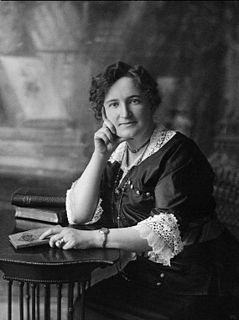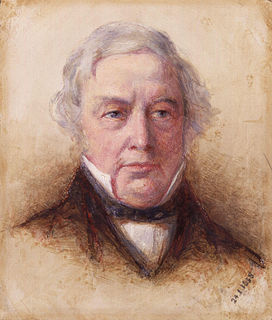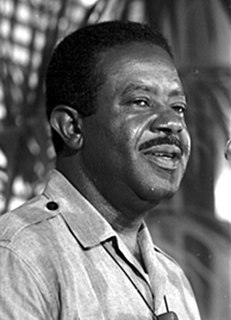A Quote by John Updike
All men are mortal, and therefore all men are losers; our profoundest loyalty goes out to the failed.
Related Quotes
It must be granted that in every syllogism, considered as an argument to prove the conclusion, there is a petitio principii. When we say, All men are mortal Socrates is a man therefore Socrates is mortal; it is unanswerably urged by the adversaries of the syllogistic theory, that the proposition, Socrates is mortal.
Women and men communicate differently, often on entirely different planes. But just as men have failed us, we have failed them. It has been one of our great collective female shortcomings to presume that whatever we do not perceive simply isn't there, or that whatever is not communicated in our language is not intelligible speech.
Men are not therefore put to death, or punished for that their theft proceedeth from election; but because it was noxious and contrary to men's preservation, and the punishment conducing to the preservation of the rest, inasmuch as to punish those that do voluntary hurt, and none else, frameth and maketh men's wills such as men would have them.
A woman's work, from the time she gets up to the time she goes to bed, is as hard as a day at war, worse than a man's working day. ... To men, women's work was like the rain-bringing clouds, or the rain itself. The task involved was carried out every day as regularly as sleep. So men were happy - men in the Middle Ages, men at the time of the Revolution, and men in 1986: everything in the garden was lovely.
Here's the pay paradox that Why Men Earn More explains: Men earn more money, therefore men have more power; and men earn more money, therefore men have less power (earning more money as an obligation, not an option). The opposite is true for women: Women earn less money, therefore women have less power; and women earn less money, therefore women have more power (the option to raise children, or to not take a hazardous job).
Beware of charisma . . . Representative Men; was Ralph Waldo Emerson's 1850 phrase for the great men in a democracy . . . Is there some common quality among these Representative Men who have been most successful as our leaders? I call it the need to be authentic-or, as our dictionaries tell us, conforming to fact and therefore worthy of trust, reliance or belief. While the charismatic has an uncanny outside source of strength, the authentic is strong because he is what he seems to be.





































